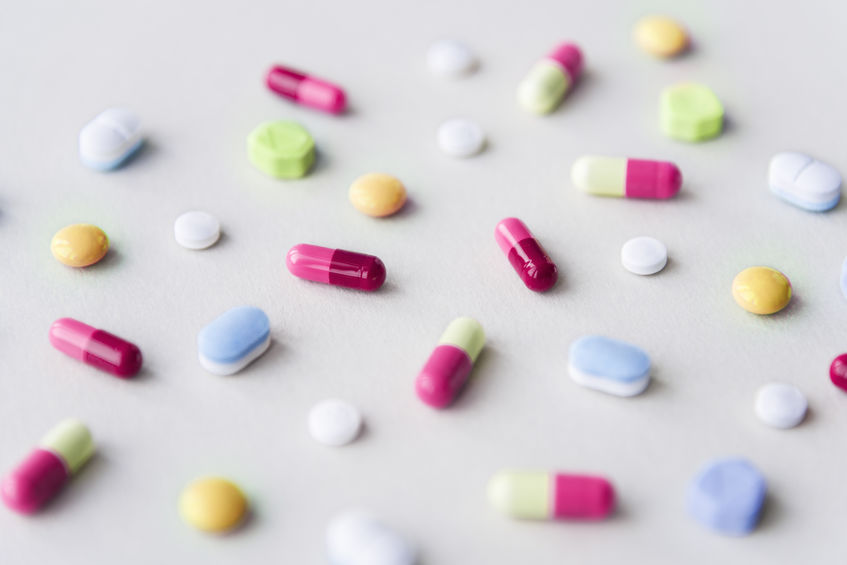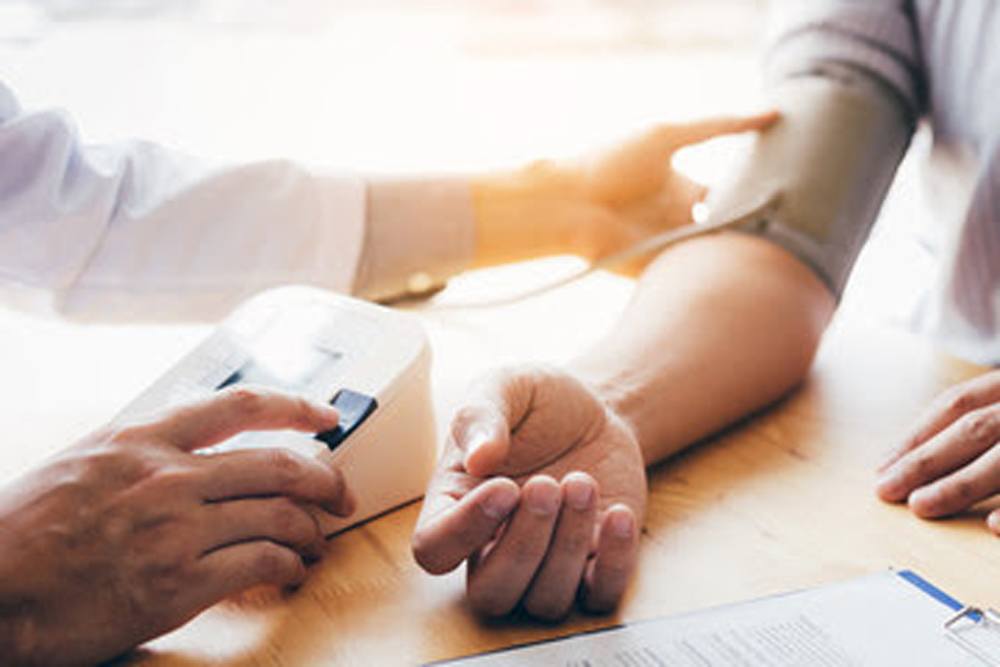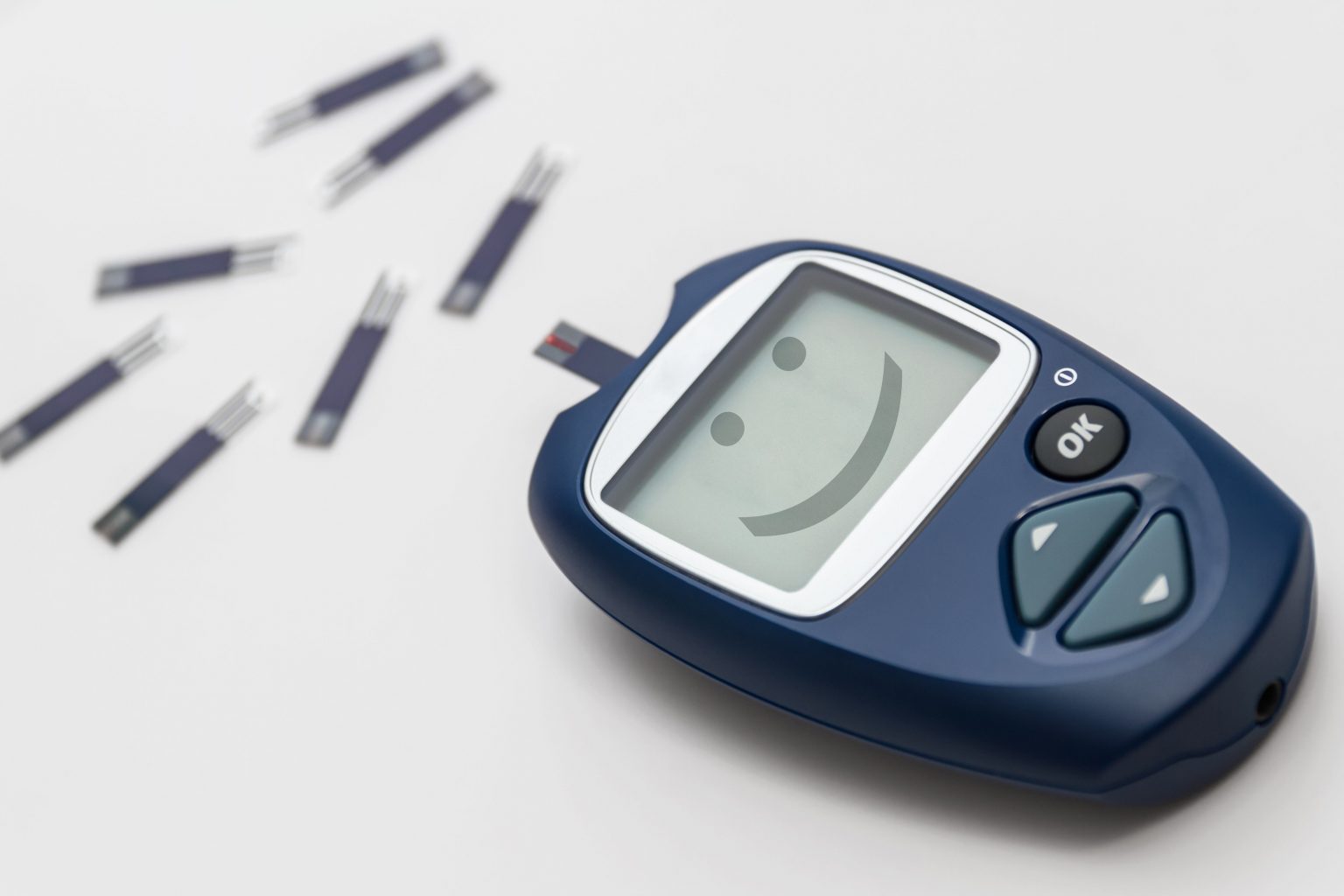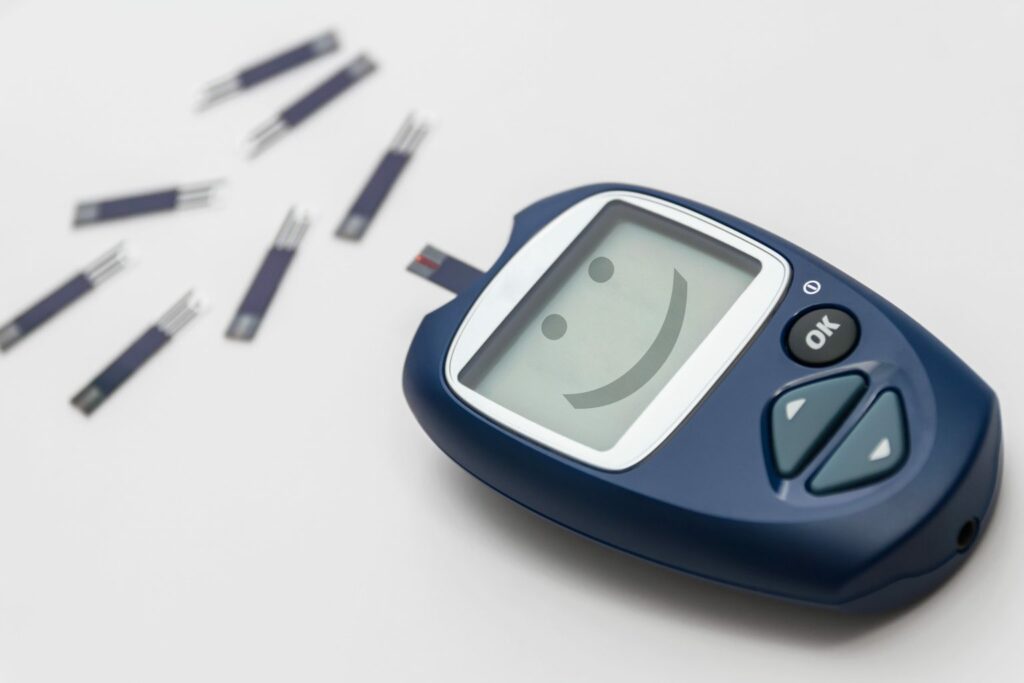In clinical practice, one fundamental problem I identify is magnesium deficiency, especially in heart and vascular issues like hypertension. Unfortunately, some of the popular blood pressure medications used to treat hypertension cause even more issues with low magnesium, which makes blood pressure harder to control. Here we will explore some ways we can control blood pressure problems by increasing our magnesium levels.
How Does Magnesium work?
Magnesium is an essential nutrient responsible for over 300 enzymatic reactions in the body. Here we will focus on its effect on blood pressure regulation. Hypertension is when pressure is above normal in our blood vessels. Over time, this causes damage to the heart, brain, and kidney. Ultimately, we want a blood pressure that supports the blood’s delivery of nutrients and oxygen without causing damage.
The physics of blood pressure
The more relaxed a blood vessel will determine the pressure that is inside of it. The best way to think of this is that a relaxed blood vessel is a bigger pipe with less pressure, and a constricted blood vessel is a narrow pipe, leading to higher pressure inside. It is important to relax the blood vessel and make it bigger so we can lower the pressure.
Blood vessels have smooth muscles which can relax or contract depending on the needs of the body. When a bear is chasing us, the blood vessels need to contract to increase pressure and flow, and when we are watching Netflix in our favorite recliner, our blood vessels should relax.
How can we increase Magnesium levels?
It is estimated that 70-90% of Americans are Mag deficient, and the recommended dietary allowance (RDA) is insufficient. The reasons are caffeine, medications, soil depletion, and, frankly, the nutrient-poor American diet.
Here are some ways to increase magnesium:
- Decrease caffeine and alcohol intake.
- Avoid common medications that lead to lower levels of magnesium.
- Make sure your Vitamin D3 levels are appropriate.
- Have the proper balance of Calcium to Magnesium in supplements or diet. (Excess Calcium drives Magnesium levels down.)
- Eat more magnesium-rich foods such as almonds, pumpkin seeds, spinach, and avocados.
- Daily Supplementation.
Medications associated with Magnesium deficiency
Some blood pressure medications and diuretics may actually cause low magnesium and ironically increase blood pressure. The most common of these is hydrochlorothiazide. I have not prescribed this medication in years because of its negative effects on magnesium retention.
Other popular medications contributing to deficiency are proton pump inhibitors like Prilosec and Nexium. I should not take these medications for over 2 weeks. They have a long list of conditions that manifest over time with prolonged use, including dementia.
Calcium aids the smooth muscles in the vessels to constrict blood vessels and increase pressure. Magnesium facilitates the signal to relax the smooth muscles. Many patients are put on meds to lower blood pressure called “Calcium channel blockers” such as Norvasc. What was the original calcium channel blocker? Magnesium. So, if we are deficient in magnesium, this relaxation is hampered, and pressure increases.
Lab testing for Magnesium deficiency
Unfortunately, serum lab tests are not very accurate for testing levels of magnesium. The problem is that the serum level only shows what is in the blood and not in the cells where over 99% of magnesium lives. Levels have to be very low in your cells for this to show up in serum.
If magnesium is hard to test for, then how do we determine if we are magnesium deficient?
There is a high index of suspicion for inadequate magnesium intake because the list of conditions including muscle cramps, seizures, migraines, neuropathy, type 2 diabetes, and hypertension is long.
Adverse Effects of Magnesium
There is no such thing as overdosing on magnesium unless you have chronic renal failure. In that case, be very careful with supplementation. Otherwise, most people develop loose stools at first, which can be corrected simply by lowering the dose or using the more absorbable types of magnesium.
Types of Magnesium for Hypertension
There are many types of magnesium, and determining which one is right for you is important. It really comes down to absorption, and absorption is determined by what we combine the magnesium with. One of the least absorbed combinations is magnesium combined with oxide. Magnesium oxide is sold inexpensively over the counter and is found in less expensive multivitamins. Unless you are constipated, I would recommend finding a more absorbable magnesium supplement.
Magnesium citrate is a better option and is more absorbable, and still very affordable. It also helps with constipation, so I often use it when I want that benefit as well.
Magnesium combined with amino acids is helpful because the amino acids they are combined with are broken off and used. With magnesium glycinate, the glycine helps you relax and can help with anxiety.
Magnesium taurate is great for heart health, as the taurine amino acid is highly beneficial to the heart.
My new favorite is UltraMag Magnesium, from Pure Encapsulations, which gives you super absorbable magnesium and 1 capsule is almost equivalent to 2 of the pills of the formulations mentioned above.
Magnesium Dosages
Magnesium is inexpensive, about 60 cents a day, and has many other health benefits like:
- Improving blood sugar levels
- Relieving anxiety
- Relieving constipation
- Improving sleep quality
Regarding blood pressure, I would start with 1 pill at bedtime (magnesium helps with sleep) and increase every week until you get to 3-4 pills at bedtime (400-500 mg/day), or you can split them up to twice a day. If stools get loose, decrease by 1 capsule per day.
It takes up to 6 months of taking magnesium by mouth to get your body levels corrected if you are deficient.
Unless you have chronic kidney disease, try adding magnesium supplements to your routine and see the positive impacts for yourself.





